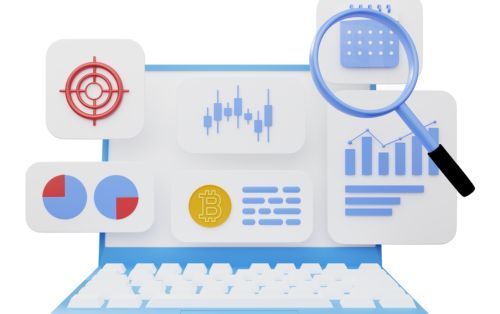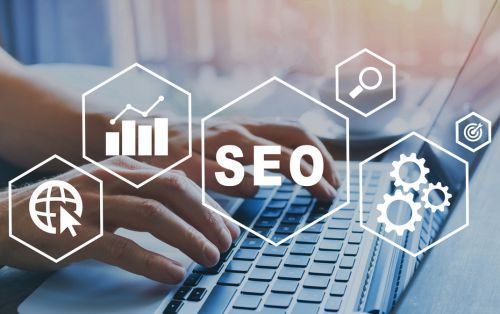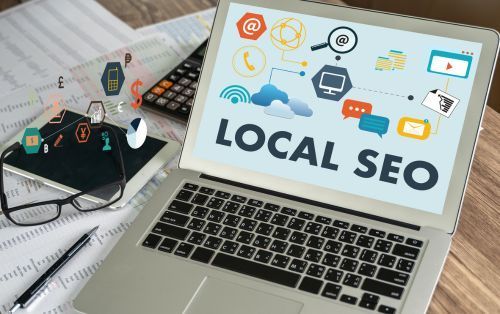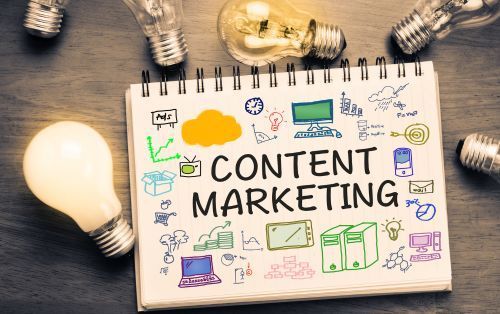On-Page Optimization: Enhancing Your Website's Visibility
One critical aspect of search engine optimization (SEO) is on-page optimization. To improve visibility and rankings, experts use on-page SEO. You can provide multiple signals to search engines by using proper on-page SEO, which signals to search engines that your website is valuable, relevant, and deserving of higher rankings. This blog post will explore the key elements of on-page optimization and provide actionable tips to enhance your website's visibility.

Meta Tags Optimization:
Meta tags are vital in on-page optimization, specifically the title and meta descriptions. The title tag appears as the clickable headline on search engine results pages, while the meta description concisely summarizes the page's content. Optimize these tags by incorporating relevant keywords, making them compelling and descriptive, and ensuring they accurately represent the page's content.
Heading Tags Optimization:
Heading tags (H1, H2, H3, etc.) are HTML tags that structure the content hierarchy on a webpage. These tags provide visual and semantic cues to search engines about the importance and organization of the content. Optimize heading tags by using relevant keywords naturally, incorporating variations, and structuring them logically to improve readability and user experience.
URL Structure:
A clean and descriptive URL structure helps search engines, and users understand the content of a webpage. Include relevant keywords in the URL, use hyphens to separate words, and keep URLs concise and readable. Avoid using long, randomly generated strings of numbers or irrelevant characters in URLs.
Content Optimization:
High-quality, relevant, and engaging content is on-page optimization's core. Optimize your content by incorporating target keywords naturally without overstuffing. Focus on providing valuable information, answering user queries, and structuring the content in a logical and easy-to-read manner. Use subheadings, bullet points, and other formatting elements to enhance readability and user experience.
Image Optimization:
Images are integral to web content and should be optimized for search engines and users. Optimize images using descriptive file names and alt tags that include relevant keywords. Compress images to reduce file size and improve page loading speed, as this is a crucial factor in user experience and search engine rankings.
Internal Linking:
Internal linking refers to linking to other pages within your website. It helps search engines discover and index your content more efficiently and provides a clear website structure for users to navigate. Incorporate relevant internal links throughout your content to enhance user experience, distribute link authority, and improve search engine visibility.
Mobile-Friendliness:
Optimizing your website for mobile devices is imperative in today's mobile-centric world. Ensure your web pages are mobile-friendly and responsive, and offer a seamless user experience across different screen sizes. Mobile-friendliness is crucial for user satisfaction and a significant ranking factor for search engines.
Conclusion:
On-page optimization is a fundamental aspect of SEO that directly impacts your website's visibility and rankings. By optimizing meta tags, heading tags, URL structure, content, images, internal linking, and ensuring mobile-friendliness, you can enhance your website's visibility and provide a positive user experience. Implement these on-page optimization techniques to send strong signals to search engines about your website's relevance and value. Stay tuned for future blog posts, where we will delve into other essential SEO strategies and techniques to improve your website's performance further.
Ready to work with Success Leads Digital Marketing?
Let's connect! We’re here to help.
Send us a message and we’ll be in touch.
Or give us a call today at 587-713-9881
Agency Contact Form
More Marketing Tips, Tricks & Tools









